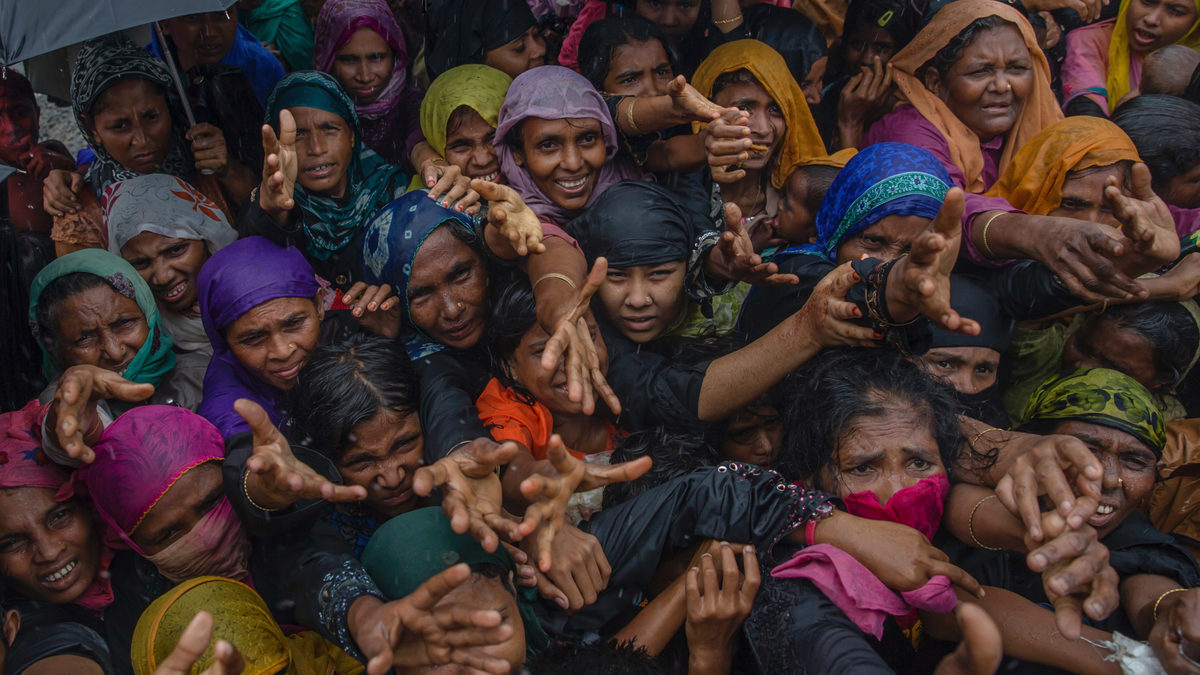
BANGKOK – Thailand's military government on Friday praised the U.S. State Department's decision to upgrade the country in its annual report on efforts to fight human trafficking.
The Trafficking in Persons annual report cited progress but also problems across the region, especially weak enforcement of protections against trafficking and slave and child labor.
The report released Thursday raised Thailand from a watchlist to tier 2, the second-highest ranking. Neighboring Malaysia fell from tier 2 to the watchlist. Hong Kong, China and Singapore were faulted for inadequate efforts to prevent sex trafficking and forced labor.
Thai Deputy Prime Minister Prawit Wongsuwan said he was grateful for the improved assessment as it "reflects the determination and sincere intentions of the Thai government and our continued hard-work to tackle the issue of human trafficking."
Thailand has faced global scrutiny for the use of slave labor on fishing vessels and for being a transit hub for traffickers from nearby nations. The State Department report cited the government's convictions of traffickers and complicit officials, including 11 involved in the trafficking of Myanmar's Rohingya migrants.
Myanmar was downgraded from the watchlist to the report's lowest ranking, tier 3, primarily for trafficking and other abuses of its ethnic minorities. The report said officials and government-backed militias were increasingly recruiting and using children as soldiers in ethnic areas long affected by civil conflict.
The report also cited a trend toward forcing Burmese women into marriages in China. Children of the Rohingya minority are being kidnapped and sold into forced marriages in Indonesia, India and Malaysia, it said.
North Korea has remained at the report's lowest ranking, tier 3, for years due to its use of forced labor and state-sponsored human trafficking and "negligible" anti-trafficking efforts. The report said the many North Korean refugees living in China are vulnerable to traffickers who force women into prostitution, forced marriages and domestic service or other labor.
But even in Japan, a wealthy, democratic nation listed as a tier 1 country, young women living in poverty are forced into prostitution by organized criminal networks that sometimes entrap them with promises of well-paid work as models or actors, the report said. Affluent Singapore, likewise, is a hub for sex trafficking and forced labor, facilitated by visa laws that make migrant workers vulnerable to exploitation by their employers and recruitment agencies, it said.








































